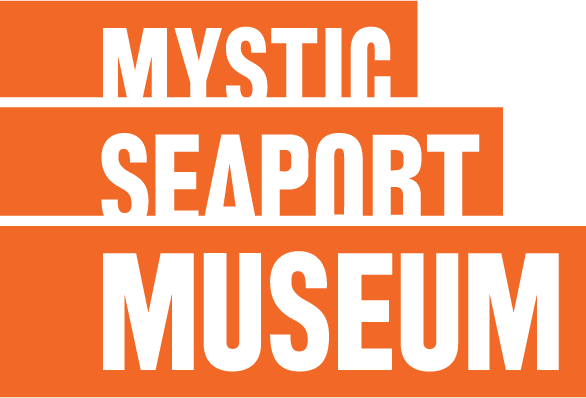Mystic Seaport Museum launched an initiative to work toward eliminating single-use plastics on its 19-acre site on the Mystic River.
The program is being developed and implemented through the leadership of a staff Sustainability Committee in collaboration with the Chesapeake Bay Maritime Museum in St. Michaels, Md. The teams at each museum share information, resources, ideas, and results of implementation efforts, and will be giving a joint presentation at the 2019 Council of American Maritime Museums Annual Conference in Manitowoc, Wis., this coming April.
“Both of our museums are situated on estuaries, which brings with it the responsibility to be stewards of the water and shoreline that provide so much for our institutions,” said Steve White, president of Mystic Seaport Museum. “We recognize the gravity of our role in shedding light on the human impact on ocean health, and we believe in doing our part to help change that impact in a positive direction and to set a standard among maritime museums and surrounding communities.”
The Sustainability Committee at Mystic Seaport Museum began meeting in early 2018 at the direction of White, who encouraged the committee to make recommendations for financially sustainable, positive changes to the Museum’s impact on the environment that also will inspire and energize the public to adopt similar practices.
“In searching the web for information on plastic pollution, it is very easy to become overwhelmed with all the organizations, the photos, the news stories, and the tips, which can lead paralysis because it’s too hard, it is too vast a problem,” said Sherri Ramella, who leads the committee. “But we have to start somewhere and focus on what can be accomplished with each tiny step.”
In conjunction with the Museum’s food-service partners Coastal Gourmet and Event Network, the following changes replacing single-use plastic products have been implemented:
- Paper shopping bags instead of plastic
- Nautical-themed reusable shopping bags made from 100-percent recycled plastic water bottles are available for purchase
- Plant-based straws and pasta stir sticks
- Plastic lids and straws are available upon request only
- To-go containers and serving ware have been switched to paper rather than plastic or foam
- Catered events are using wooden utensils, and plant-based cups, or rented china, glasses, and cutlery.
Moving forward, the Museum will continue to investigate ways to reduce single-use plastic consumption, while keeping in mind that alternatives used must be ecofriendly, and will focus on making changes across the Museum grounds to enable visitors to reduce plastic consumption and recycle more effectively.
Ramella observed that plastic is a product designed to last forever and In the first 10 years of this century the world economy produced more plastic than in the entire 100 years of the 20th century.
“This is not a problem we can ignore,” she said. “Habits are hard to change, but once they’re changed, the new habits are just as strong.”





